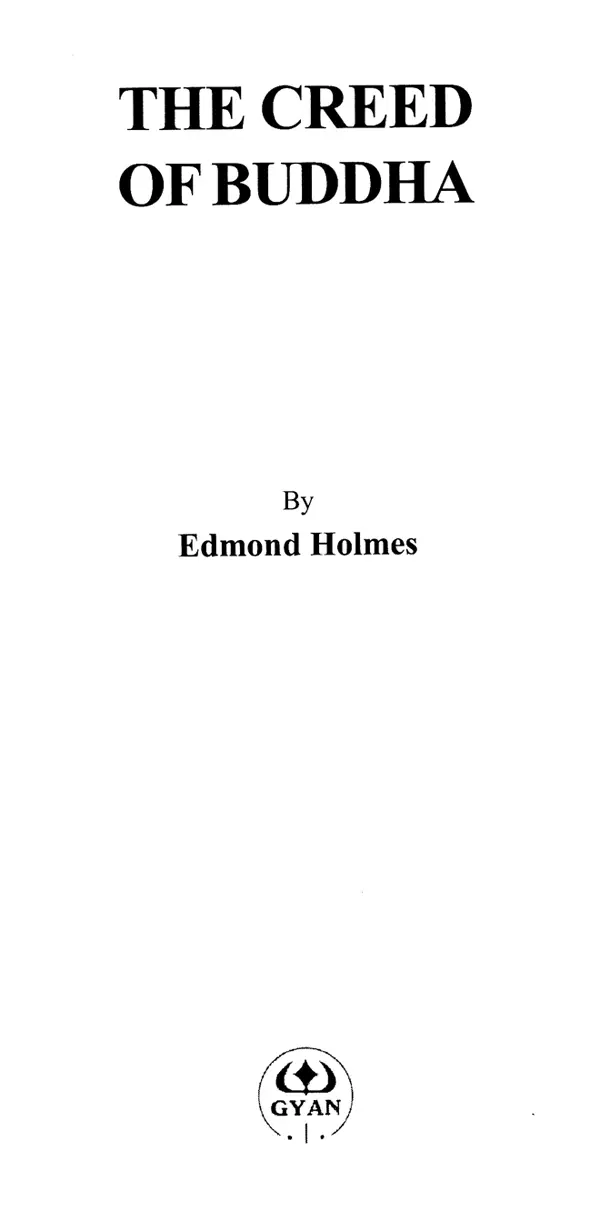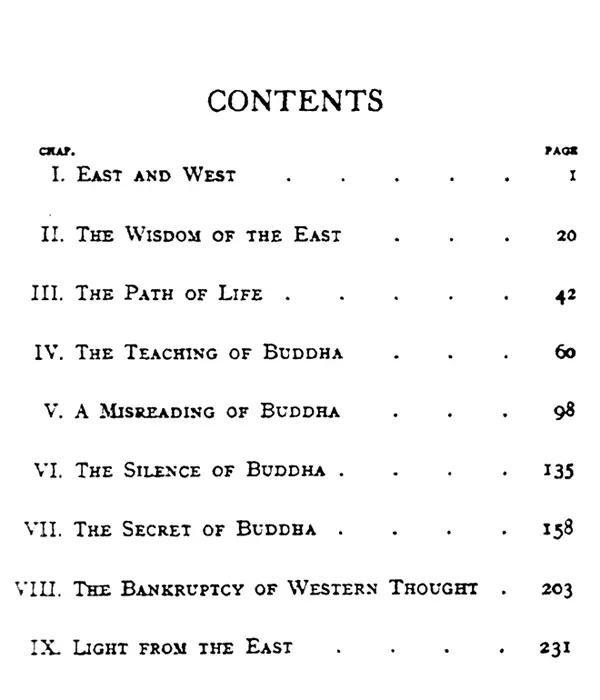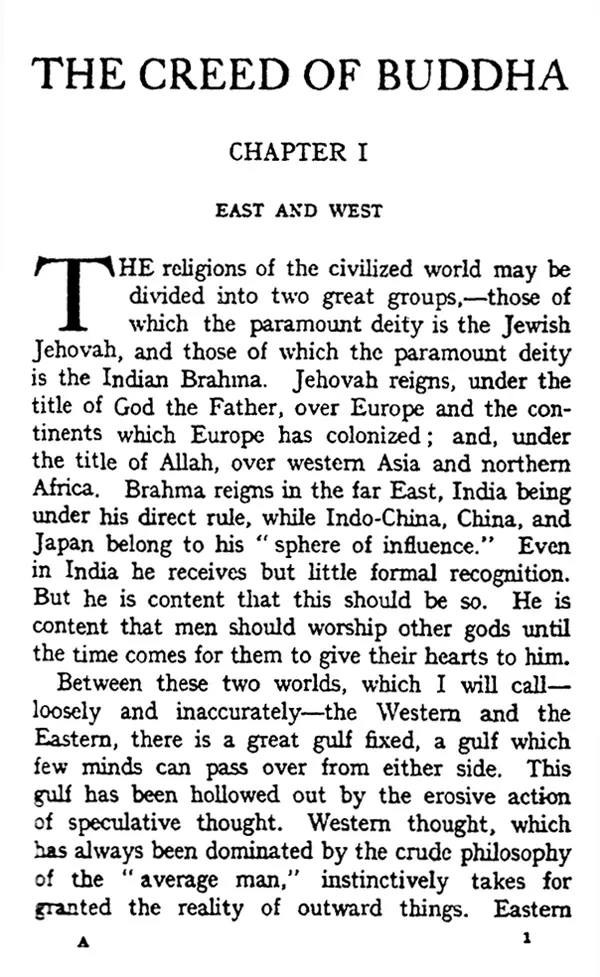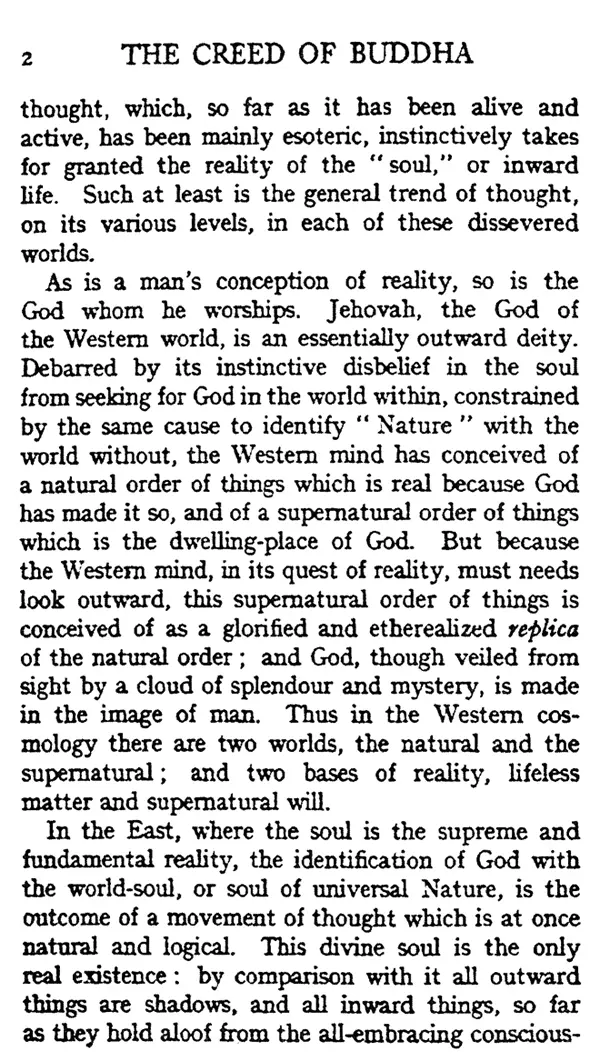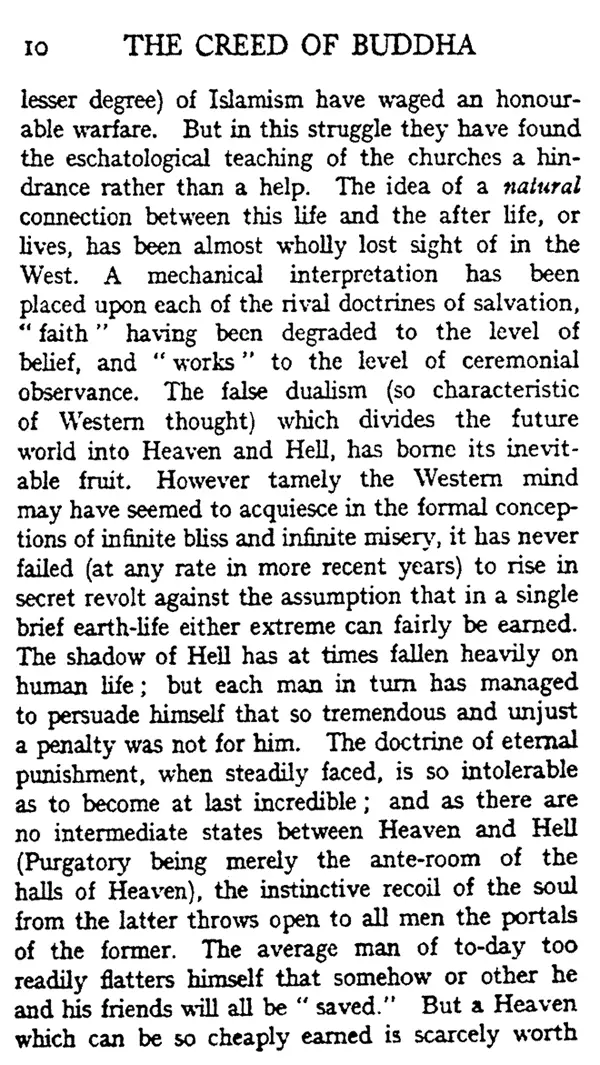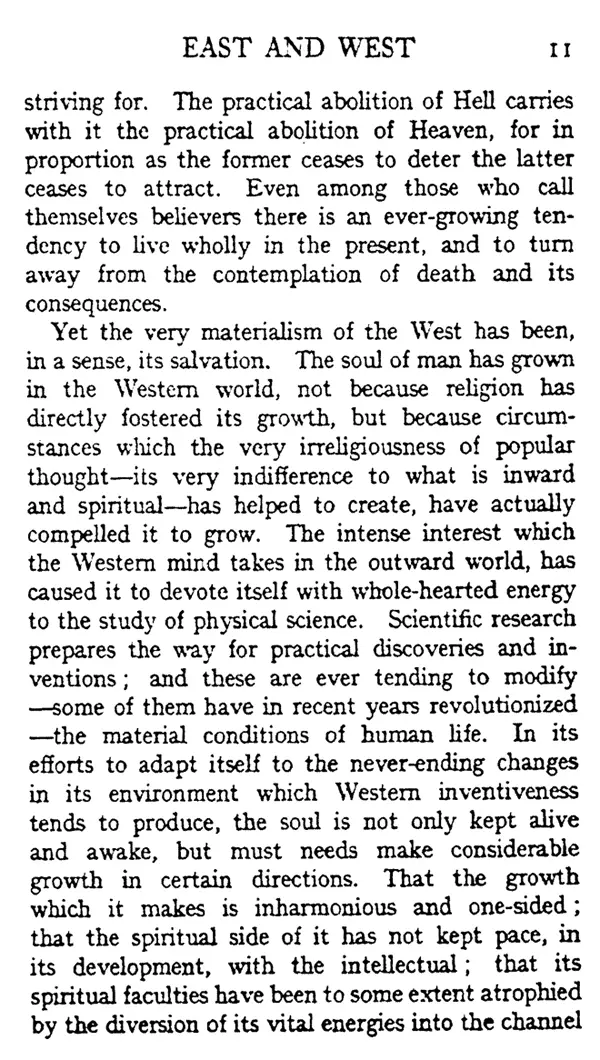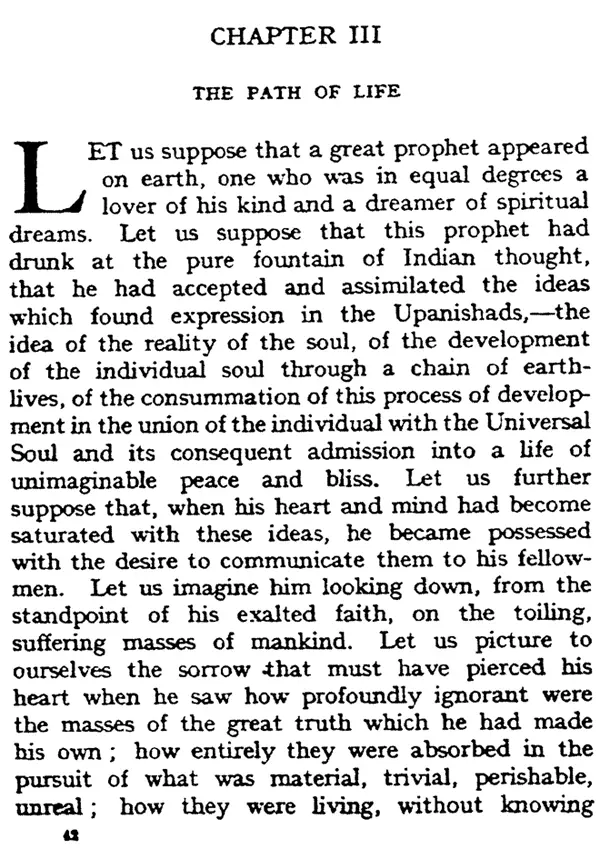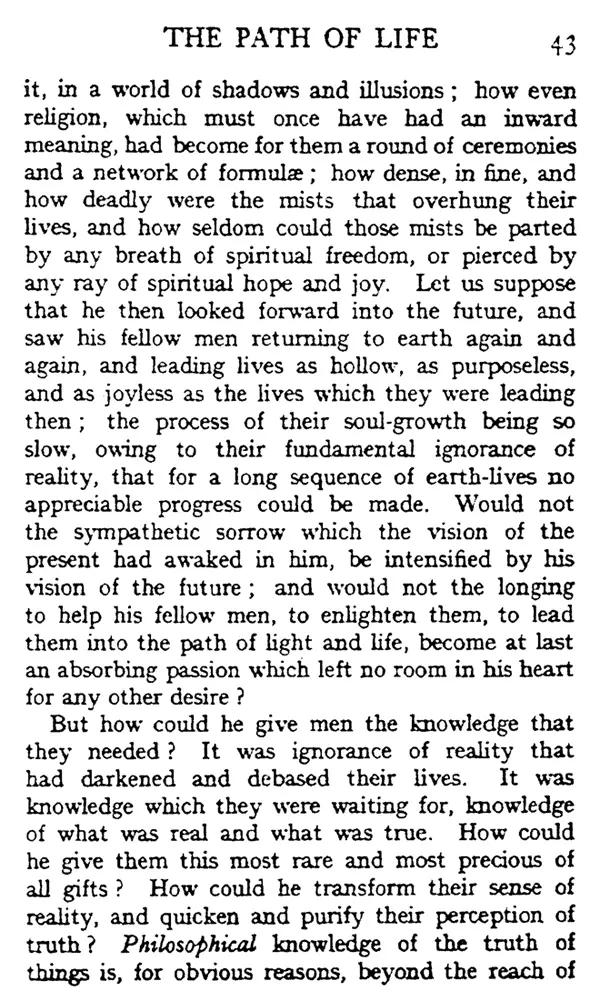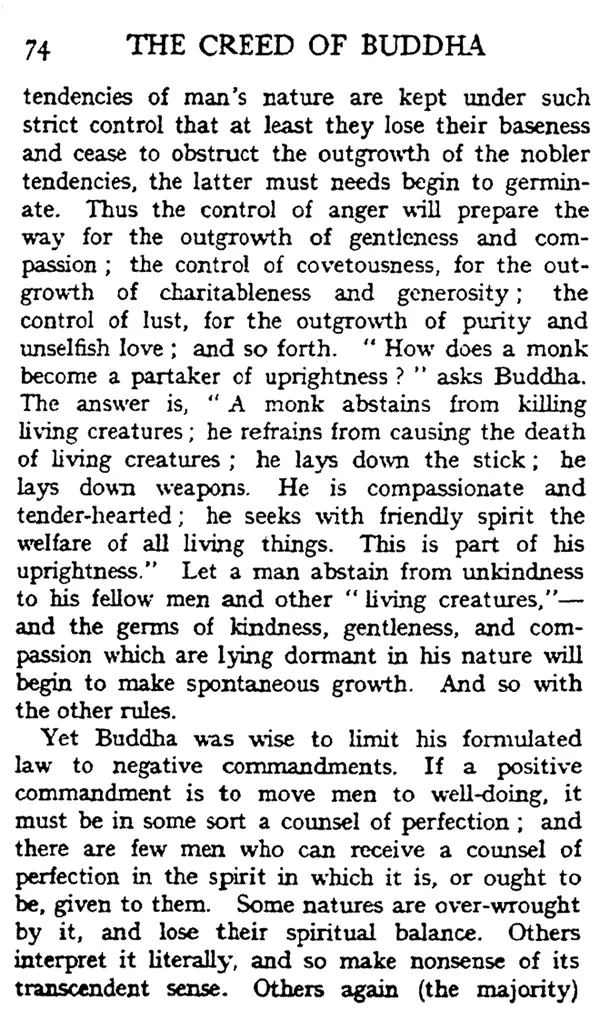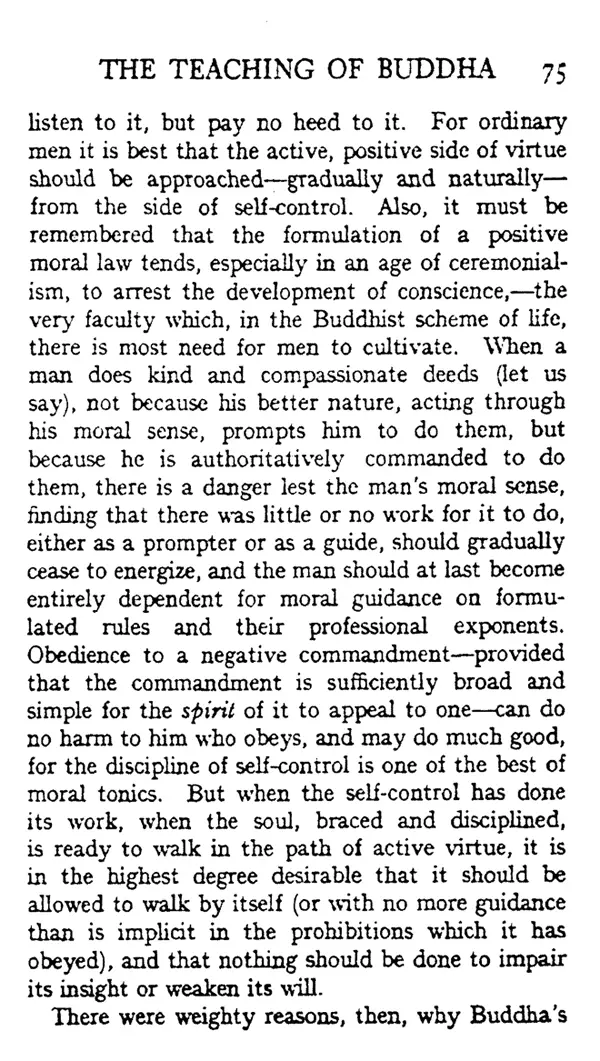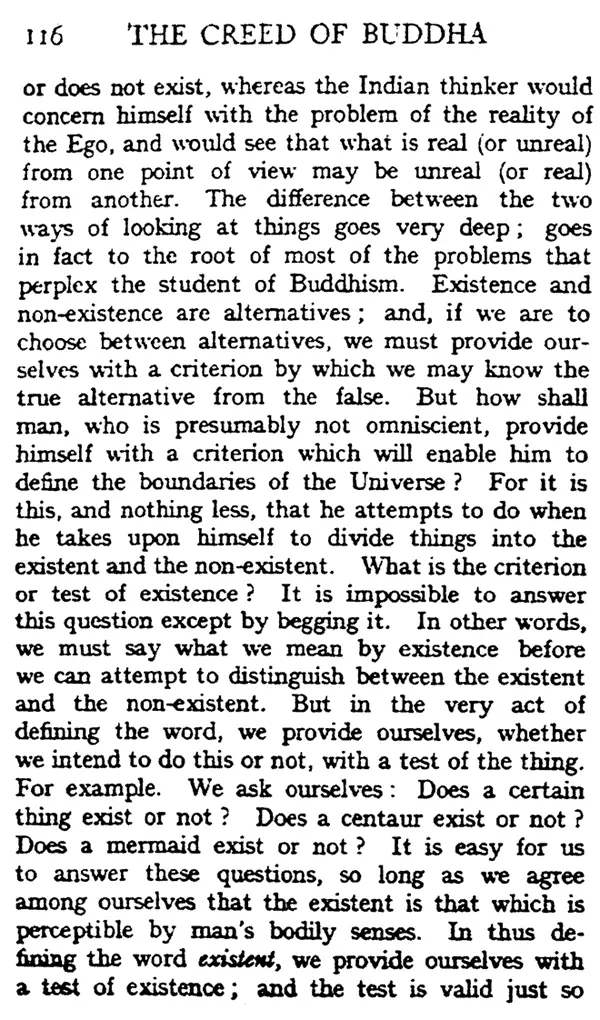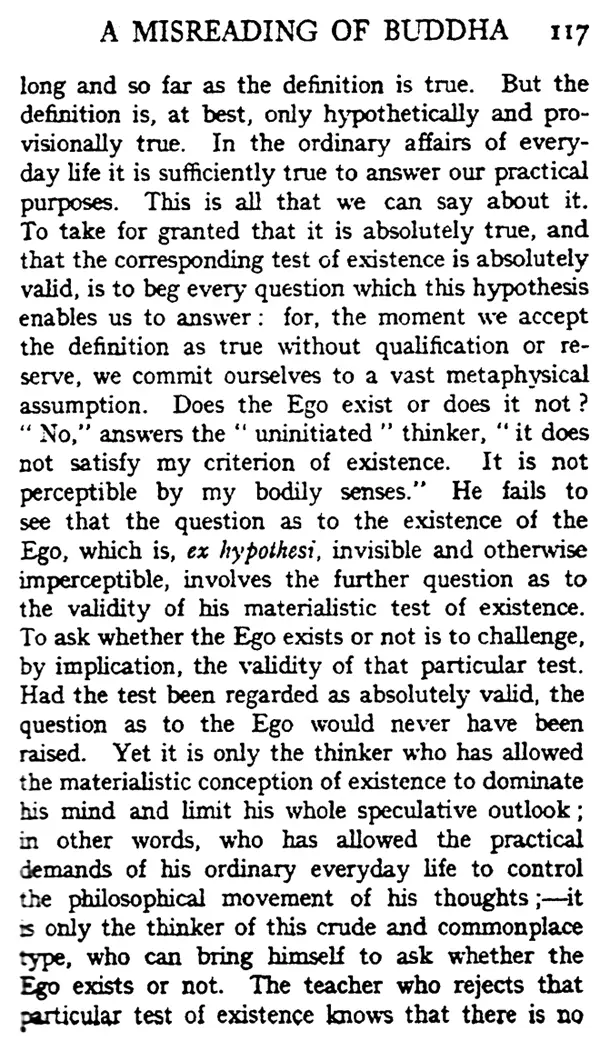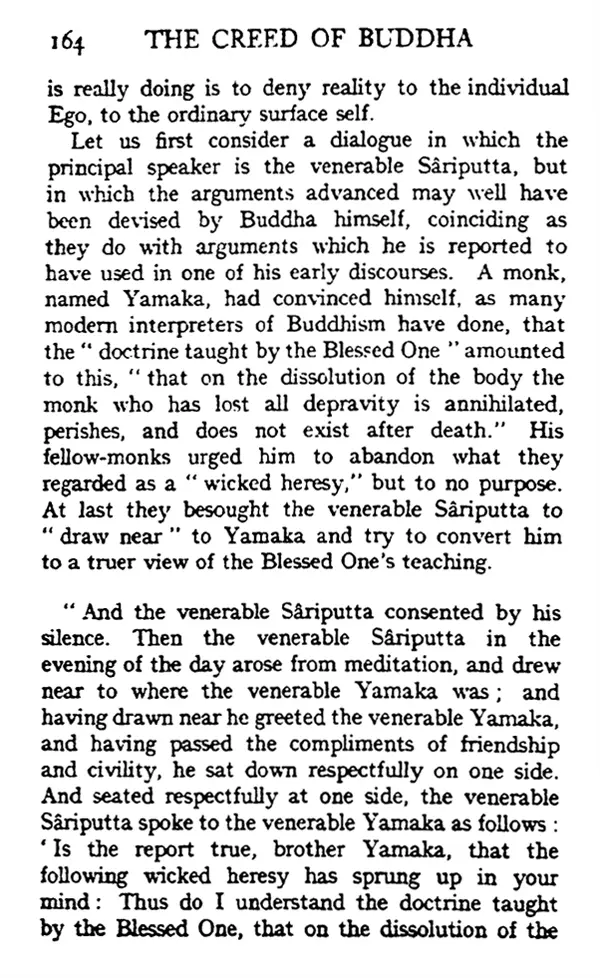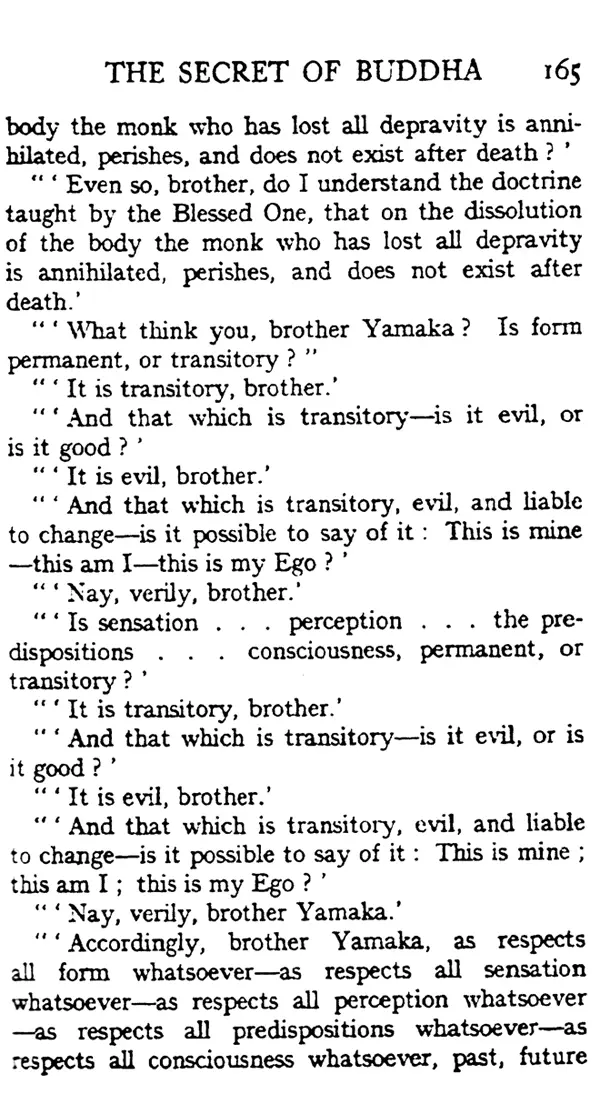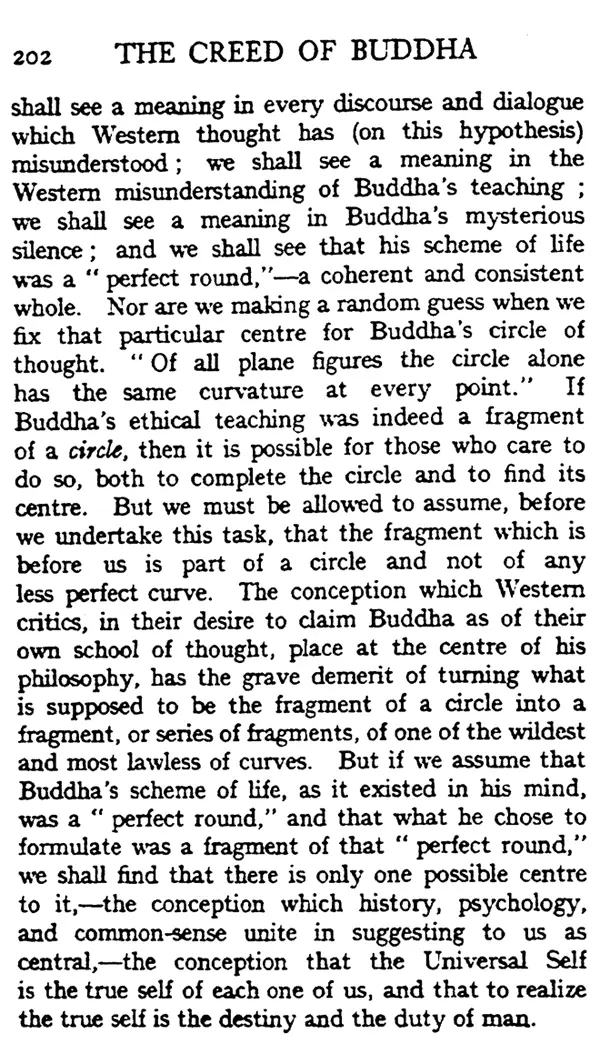
The Creed of Buddha
Book Specification
| Item Code: | UBA495 |
| Author: | Edmond Holmes |
| Publisher: | Gyan Publishing House, New Delhi |
| Language: | English |
| Edition: | 2022 |
| ISBN: | 9788121262101 |
| Pages: | 274 |
| Cover: | PAPERBACK |
| Other Details | 8.50 X 5.50 inch |
| Weight | 320 gm |
Book Description
How the True Teachings of Buddhism Can Revitalize Western Science and Spirituality" shines a brilliant intellectual light on the inner teachings of the Buddhist religion, and makes a convincing argument for the revolutionary role Buddha's unique, enlightened understanding of the mind and soul of Humanity may be destined to play in the revitalization of Western materialist science and supernatural spirituality.
Edmond Gore Alexander Holmes (1850-1936) was an educationalist, writer and poet. His The Creed of the Buddha (1908) is well known; he also wrote a pantheist text All is One: A Plea for a Higher Pantheism. He was also a schools inspector, rising to become chief inspector for elementary schools in 1905. He resigned in 1911, over a confidential memorandum criticising school inspectors who had formerly been elementary school teachers. This angered the teachers' union and it led to the downfall of Robert Morant the permanent secretary to the Board of Education when it became public. Holmes subsequent writings on education are taken as an early statement of "progressive" and "child-centred" positions, and are still cited. Later works come close to theosophy. For example, even a 1914 book review of his In Defence of What Might Be describes it as "pregnant with possibilities for the untrammeled soul of the growing child. A draft of fresh air into static pedagogy. Words from his The Triumph of Love were set to music by the composer Charles Villiers Stanford, a friend.
As I do not know a word of Pâli or any other Eastern language, I owe a debt of gratitude to those distinguished scholars whose translations of the Buddhist scriptures and expositions of the teaching of Buddhism have made it possible for me to attempt to interpret the creed of Buddha. If I have found their treatises less helpful and less illuminative than their translations, the reason is, no doubt, that the qualities which make a man a successful scholar differ widely from those which might enable him to enter, with subtle sympathy and imaginative insight, into the thoughts of a great Teacher. That the task of expounding Buddhism to the Western world has devolved upon a small group of linguistic experts is due partly to the obvious fact that these experts had early access to, and for a time a practical monopoly of, the available materials; partly to that singular lack of interest in the spiritual life and thought of ancient India which is characteristic of Western culture, and which predisposes even the more thoughtful and enlightened minds to accept with indolent acquiescence the ideas of others about Indian religion and philosophy, instead of trying to evolve ideas for themselves. There was a time Whenever I use the word "East" or "Eastern," I am thinking of the Far East, i... of Eastern Asia. when ignorance of the Pali language was a final disqualification for the task of studying the philosophy of Buddha. But it is so no longer. For the disinterested labours of the scholar have pro- vided the "lay" student with a mass of materials of which he may be able to make a profitable use and one who feels impelled, as I have done, to fathom the deeper meaning of Buddha's wonderful scheme of life, and to guess the secret of his mysterious silence, has now as good a right as any Orientalist to attempt the solution of that fascinating problem.
